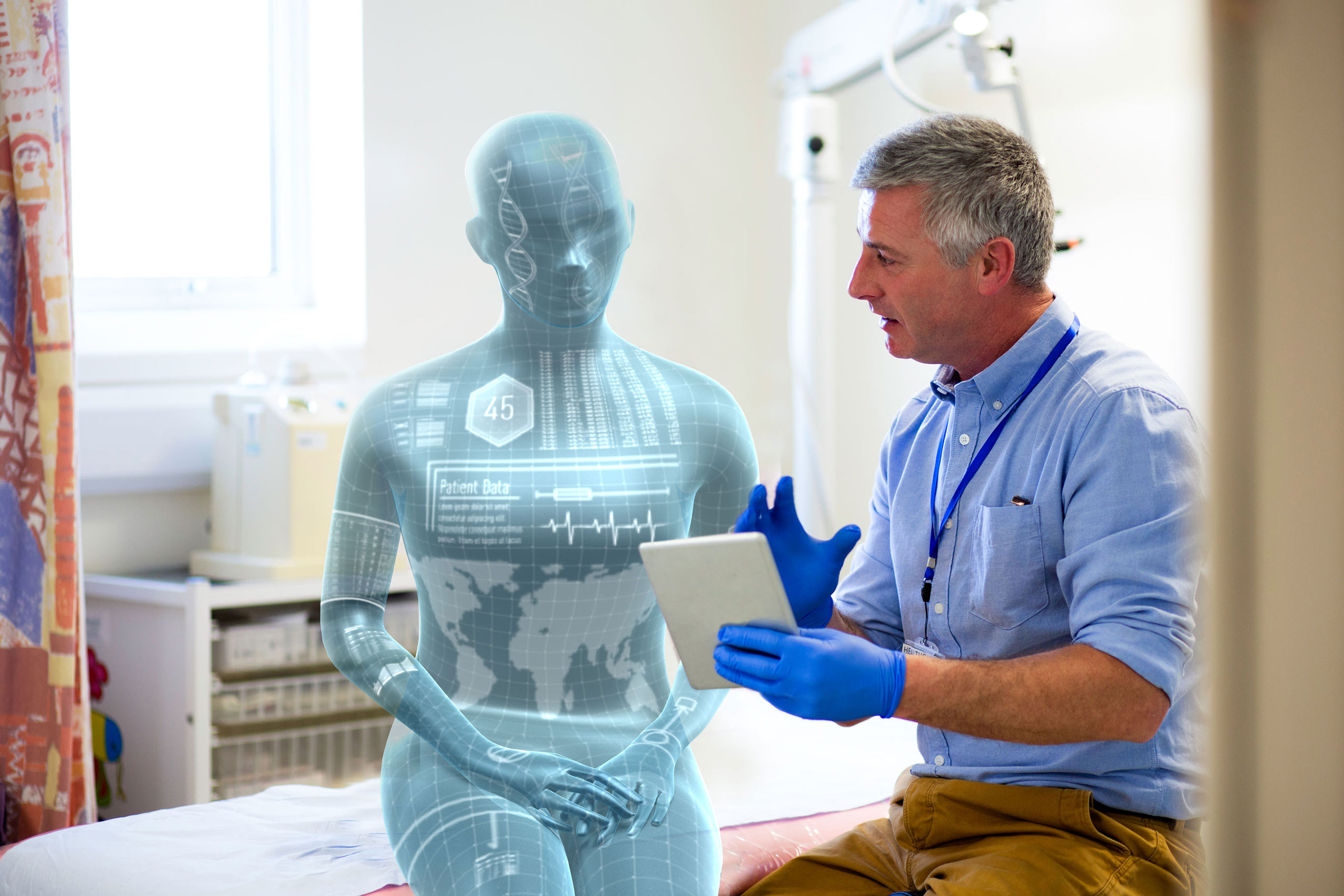

Healthcare Data: Informatics, Innovation, and Commercialization
Cambridge is a world-renowned centre for research and innovation in healthcare data and presents vibrant opportunities for professionals wanting to develop their skills in health informatics.
The Cambridge Healthcare Data Hub provides award-bearing, part-time courses from the University of Cambridge. Our programmes advance skills in transforming raw healthcare data into effective tools which can be deployed in research, quality improvement, or commercial arenas.
Available at Postgraduate Certificate, Diploma and Master’s levels, the Hub’s courses provide training in the practical interrogation and commercialization of healthcare data for those wanting to become health informaticians.
The courses are taught by internationally recognised experts in health informatics, data sciences, statistics, data visualisation, and innovation and entrepreneurship who all work within the Cambridge health and biotechnology sectors. Students will have the opportunity to conduct research throughout the university and partner organisations within the Cambridge Biomedical Campus.
Course details
The Healthcare Data Programme comprises three courses:
Postgraduate Certificate 1 year, part-time: units 1 and 2
Postgraduate Diploma 2 years, part-time: units 1-5
Master’s Degree 2 years, part-time: units 1-5 plus unit 6 a research dissertation
Course units
This unit explores the breadth of patient-level data in the healthcare and commercial sectors in both the UK and globally by analysing the technical, legal, and ethical structures which steer all research, commercial development, and quality improvement activity using healthcare data.
2. Data structures, storage and queries
The unit enables students independently design and execute queries of raw electronic patient record data. The practical components focus on the Epic system but the theoretical element takes a ‘platform agnostic' approach to data structures and healthcare database design.
3. Finding relationships and data visualisation
This unit offers a new approach to the statistical analysis and visualisation of healthcare data, promoting the clear presentation of new information arising from healthcare data analysis. Students also learn the theory and practice of design and visualisation, and how to present results from large datasets in clear, visually-appealing ways.
4. Healthcare systems improvement
Students will learn how to apply a systems engineering approach to data-driven change in healthcare environments, enabling them to understand and measure the effects of change prompted by analysis of complex healthcare datasets.
5. Medical technology innovation and commercialization
This unit explores the skills required for innovation and the difference between ‘entrepreneurial' and ‘intrapreneurial' opportunities. Students will learn about the interesting new business models in healthcare data and how medium to large organisations manage their innovation portfolios, and the implications for individual innovators.
Who is it for?

NHS and other healthcare organisations
Health data science can improve care, reduce treatment costs, forecast disease patterns, shape preventative healthcare policy, and drive commercial innovation.
The courses offer clinicians the opportunity to acquire cutting-edge skills for working with healthcare data. Those successfully completing these courses will be able to apply advanced commercially informed informatics skills and insights across all areas of the NHS and other health organisations.
Find out moreBiosciences sector organisations
The courses provide the knowledge and training that the pharmaceutical industry demands from data informatics specialists.
Students will learn to maximise the use of data within electronic patient records and clinical trials to better identify potential new targets and opportunities for medtech commercial development.
Find out more

Biomedical sciences graduates
Data scientists in both the NHS and commercial medical sector are in ever-increasing demand. The Master's Degree in healthcare informatics provides bioscience and computing graduates with the opportunity to significantly increase their career opportunities.
The Master's programme will provide these in-demand skills and create experts to work in the NHS and commercial health sector, optimising the use of data and improving patient care.
Find out morePartners
The programme has been developed by a network of partners with unrivalled experience in healthcare informatics to create a world-leading training environment.


How to apply
Applications should be made online through the University of Cambridge Institute of Continuing Education (ICE) and will be accepted until 20th May 2020. The MSt Application Guide provides more information on the application process and, as a potential applicant, what you need to consider and to do.
Contact
If you would like further information, please contact
Healthcare Data Enquiries
Institute of Continuing Education
University of Cambridge
Madingley Hall, Madingley
Cambridge
CB23 8AQ
United Kingdom
Course director: Dr Ronan O'Leary, Consultant in Neurosciences and Trauma Intensive Care Medicine, Cambridge University Hospitals.